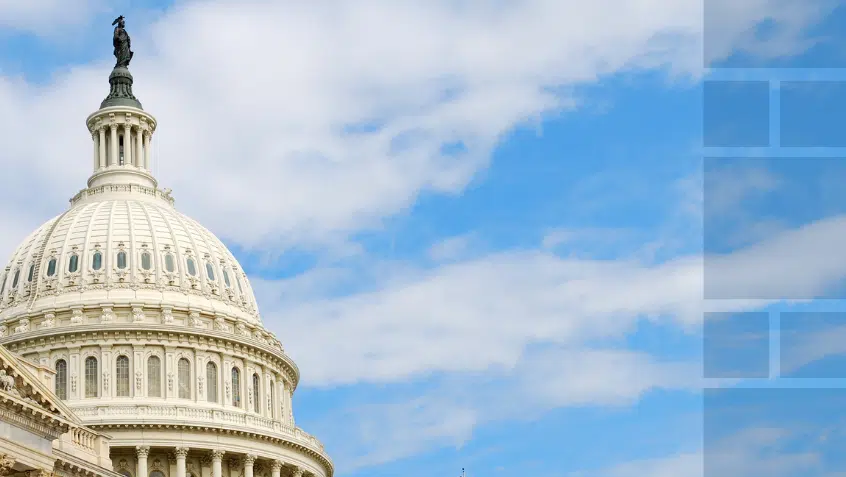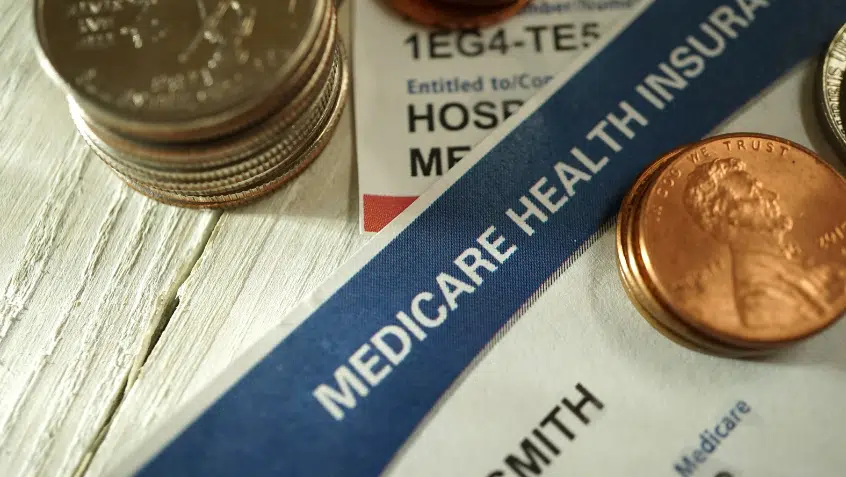
New Report Examines Shift to Medicare Advantage by Large Employers that Offer Retiree Health Benefits
A new Kaiser Family Foundation (KFF) analysis examines the extent to which large employers that offer retiree health benefits are
Join Us Live for a Discussion on Medicare, Democracy, and the Future of Health Care
Medicare Watch articles are featured in Medicare Rights’ weekly newsletter, which helps readers stay updated on Medicare policy and advocacy developments and learn about changes in Medicare benefits and rules. Subscribe now by visiting www.medicarerights.org/newsletters.

A new Kaiser Family Foundation (KFF) analysis examines the extent to which large employers that offer retiree health benefits are

Last week, the Leadership Council of Aging Organizations (LCAO) sent a letter to U.S. Senate and House leaders identifying policy

Earlier this year, the Centers for Medicare & Medicaid Services (CMS) published a proposed rule to streamline Medicaid and Medicare

Medicare Open Enrollment is the time of year when people can make changes to their Medicare Advantage (MA) or Part

Two new analyses from the Kaiser Family Foundation (KFF) show that limited numbers of people with Medicare review their current

Continuing the implementation of the Medicare Enrollment reforms included in the Beneficiary Enrollment Notification and Eligibility Simplification (BENES) Act—which was

This week, the Medicare Rights Center submitted comments in response to a proposed rule that would ease enrollment into and

A new report from the US Senate Finance Committee examines the increase in complaints about misleading Medicare Advantage (MA) marketing

Today, the Centers for Medicare & Medicaid Services (CMS) finalized rules implementing the Beneficiary Enrollment Notification and Eligibility Simplification (BENES)

This week, Medicare Rights celebrates a Biden-Harris administration announcement that it would be extending its interpretation of medically necessary dental

A new Kaiser Family Foundation (KFF) analysis examines the extent to which large employers that offer retiree health benefits are

Last week, the Leadership Council of Aging Organizations (LCAO) sent a letter to U.S. Senate and House leaders identifying policy

Earlier this year, the Centers for Medicare & Medicaid Services (CMS) published a proposed rule to streamline Medicaid and Medicare

Medicare Open Enrollment is the time of year when people can make changes to their Medicare Advantage (MA) or Part

Two new analyses from the Kaiser Family Foundation (KFF) show that limited numbers of people with Medicare review their current

Continuing the implementation of the Medicare Enrollment reforms included in the Beneficiary Enrollment Notification and Eligibility Simplification (BENES) Act—which was

This week, the Medicare Rights Center submitted comments in response to a proposed rule that would ease enrollment into and

A new report from the US Senate Finance Committee examines the increase in complaints about misleading Medicare Advantage (MA) marketing

Today, the Centers for Medicare & Medicaid Services (CMS) finalized rules implementing the Beneficiary Enrollment Notification and Eligibility Simplification (BENES)

This week, Medicare Rights celebrates a Biden-Harris administration announcement that it would be extending its interpretation of medically necessary dental